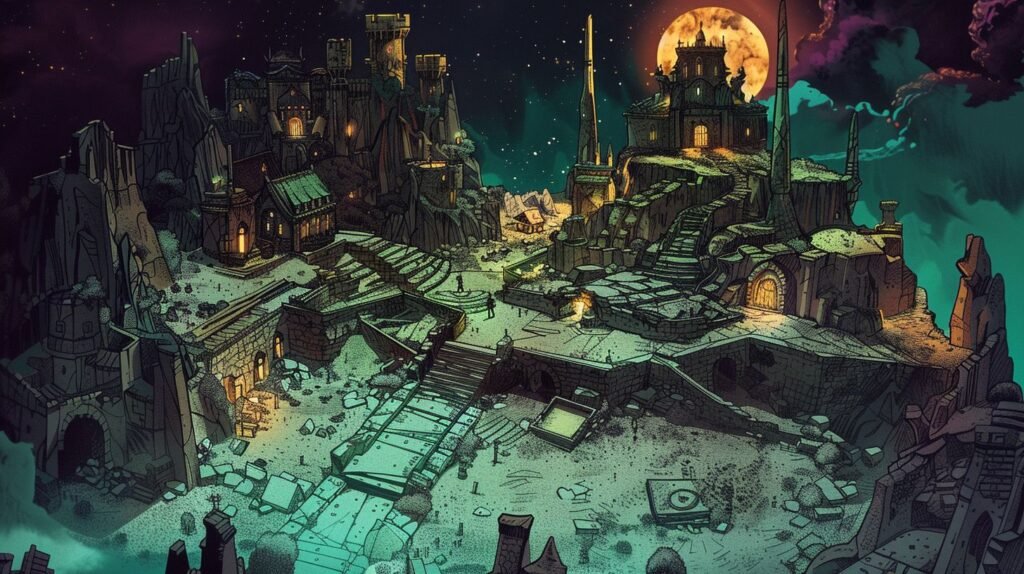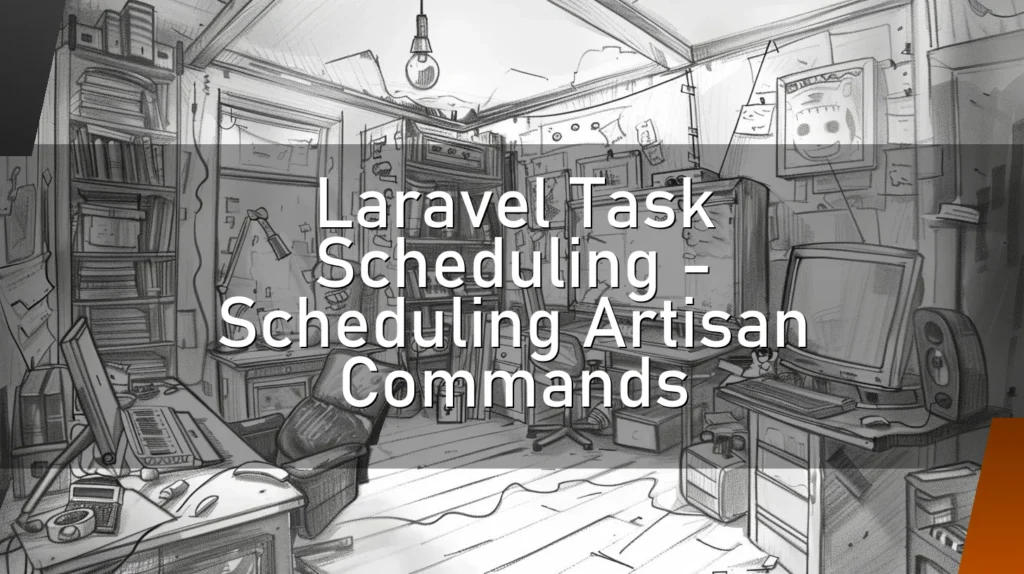Welcome to the Tactics Universe: Your Guide to Victorious Battles! 🎮⚔️
Hey strategist! Ready to lead your armies into battle and achieve epic victories? Strategy games challenge your mind, your planning, and your ability to make the right decisions under pressure. Whether you’re commanding vast armies, building complex bases, or conquering enemy territories – here you’ll find the best strategies to win every battle! 🏆🌍
Cool Strategy Games:
- StarCraft II: Intense real-time battles in space.
- Age of Empires II: Historical conquests and construction strategy.
- Civilization VI: Build a civilization and lead it through the ages.
- Total War series: Epic battles and deep political strategy.
- Command & Conquer: Classic real-time strategy with base building and massive armies.
1. The Power of Economy: Manage Resources Efficiently 💰🌾
A strong economic system is the backbone of any successful strategy. Without sufficient resources, you can’t raise armies or research technologies.
Example: In “Age of Empires II,” it’s crucial to gather enough food, wood, gold, and stone to construct buildings and recruit units.
Tip:
- Build many collectors: Ensure you always have enough workers gathering resources.
- Prioritize key resources: Focus on the resources you need most urgently.
- Construct warehouses: Place warehouses close to resources to maximize efficiency.
- Upgrade your economy: Use technologies and upgrades to improve worker efficiency.
2. Research and Technology: The Key to Progress 🧪🔧
Technological advances can turn the tide of battle. Research new technologies to obtain stronger units and better buildings.
Example: In “Civilization VI,” you can develop your civilization by researching new technologies and unlocking powerful units.
Tip:
- Focus on key technologies: Research technologies that give you an immediate advantage first.
- Invest in science: Build universities and research labs to increase your research speed.
- Use spies: In some games, you can use spies to sabotage your opponent’s research or steal their technologies.
3. Troop Management: Finding the Right Mix 🛡️⚔️
A well-balanced army is crucial for success on the battlefield. Different units have different strengths and weaknesses.
Example: In “StarCraft II,” you need to assemble a balanced army of infantry, vehicles, and aircraft to counter various enemy types.
Tip:
- Know the strengths and weaknesses: Understand the pros and cons of each unit in your army.
- Mix and match: Combine different unit types to respond flexibly to different situations.
- Keep units in formation: Position your units strategically to maximize their strengths and minimize their weaknesses.
4. Espionage and Reconnaissance: Knowledge is Power 🕵️♂️🔍
Information about your opponent’s plans and movements can make the difference between victory and defeat. Use spies and reconnaissance units to monitor your enemy.
Example: In “Total War: Shogun 2,” you can use ninjas and spies to scout your opponent’s armies and cities.
Tip:
- Use reconnaissance units: Deploy specialized units to explore the map and observe enemy movements.
- Position spies: Place spies in enemy cities or armies to gather valuable information.
- Avoid detection: Ensure your spies are not discovered and eliminated.
5. Building Defenses: Protection is Key 🏰🛡️
Strong defenses can buy you time and prevent your opponents from easily invading your territory. Build walls, towers, and other defensive structures.
Example: In “Stronghold,” building an impregnable castle is crucial to repelling enemy attacks and protecting your population.
Tip:
- Construct walls and gates: Protect your key buildings and resources with solid walls and well-placed gates.
- Place defense towers: Towers increase your visibility and provide strong defensive points.
- Set traps: Use traps and obstacles to slow down and damage enemy movements.
6. Time Management: Efficiency is Key ⏳🗂️
In real-time strategy games, time is a valuable resource. Plan your actions efficiently to make the most of your available time.
Example: In “StarCraft II,” the timing of your attacks and the sequence of your construction projects are crucial to your success.
Tip:
- Create a build order: Plan which buildings and units you want to construct in what order.
- Minimize idle times: Ensure your workers and buildings are always busy.
- Set priorities: Focus on the most important tasks and avoid unnecessary delays.
7. Multitasking: Juggling Many Balls 🤹♂️🛠️
Effective multitasking is crucial to handle different tasks simultaneously. Learn to keep an eye on and control multiple things at once.
Example: In “Age of Empires II,” you must simultaneously gather resources, construct buildings, and command your army.
Tip:
- Use hotkeys: Employ keyboard shortcuts to quickly switch between different tasks.
- Create control groups: Group units and buildings into control groups for faster access.
- Monitor the minimap: Keep an eye on the minimap to respond quickly to changes and threats.
8. Diplomacy and Alliances: Friend or Foe? 🤝🕊️
In some strategy games, you can build diplomatic relationships and forge alliances. Use these opportunities to form strong partnerships and strengthen your position.
Example: In “Civilization VI,” you can form alliances with other civilizations to pursue common goals and avoid conflicts.
Tip:
- Befriend neighbors: Use diplomacy to build peaceful relations with your neighbors.
- Forge alliances: Alliances can provide military support and economic benefits.
- Watch for betrayal: Be cautious and keep an eye on your allies to avoid sudden betrayal.
9. Battlefield Analysis: Utilizing Terrain 🏞️🔭
The terrain can have a significant impact on the outcome of a battle. Use the battlefield’s features to your advantage.
Example: In “Total War: Rome II,” you can use elevations and forests to gain tactical advantages.
Tip:
- Utilize height advantage: Position your units on higher ground for better visibility and attack range.
- Seek cover: Use forests and buildings to shield your units from enemy fire.
- Control chokepoints: Block narrow passages and bridges to slow down the enemy and trap them.
10. Flexibility: Adaptability is Key 🔄🎯
In the ever-changing world of strategy games, flexibility is crucial. Be ready to adjust your plans and respond to unforeseen events.
Example: In “Command & Conquer,” you often need to react quickly to enemy attacks and adjust your tactics.
Tip:
- Have a Plan B: Always develop alternative strategies in case your original plan fails.
- React swiftly: Be prepared to change your tactics immediately when the situation on the battlefield changes.
- Monitor opponents: Watch your opponent’s movements and strategies and adjust your tactics accordingly.
11. Specialization: Utilize Your Units’ Strengths 🎯🔍
Every unit has special abilities and strengths. Use these to outsmart your opponents and gain strategic advantages.
Example: In “StarCraft II,” specialized units like Ghosts can be used to coordinate nuclear strikes or disrupt enemy units.
Tip:
- Understand your units: Learn the abilities and strengths of each unit.
- Specialize your army: Use specialized units for specific tasks.
- Use counters: Deploy units that are particularly effective against your opponent’s troops.
12. Base Building: Efficiency is Everything 🏗️⚙️
A well-planned base layout can make the difference between victory and defeat. Place buildings strategically to maximize efficiency and defend your base.
Example: In “Warcraft III,” it’s important to place buildings so that resources are gathered quickly and units are efficiently produced.
Tip:
- Avoid bottlenecks: Ensure your workers and units can move freely.
- Protect key buildings: Place defenses around critical structures like the headquarters and resource storages.
- Upgrade your base: Use upgrades to improve the efficiency and defense capabilities of your base.
13. Logistics: Securing Supply Lines 🚚🔋
Good logistics are essential to supply your armies with resources and reinforcements. Secure your supply lines and ensure your troops are always well-provided for.
Example: In “Total War,” armies need good supplies to go on long campaigns and fight effectively.
Tip:
- Secure supply routes: Protect your supply lines from enemy attacks.
- Manage resources: Ensure you always have enough supplies to support your army.
- Use warehouses: Build warehouses to store resources and make them quickly accessible.
14. Micromanagement: Detailed Combat Work 🕹️🔍
Effective micromanagement can significantly influence the outcome of a battle. Control your units precisely to get the most out of them.
Example: In “StarCraft II,” precise micromanagement of units can mean the difference between victory and defeat.
Tip:
- Manually control units: Take direct control of important units to optimize their abilities.
- Focus fire: Concentrate your units’ fire on individual enemy units to eliminate them quickly.
- Use abilities: Use your units’ special abilities at the right time and place.
15. Air Superiority: Control from Above ✈️🔫
Air superiority can give you crucial advantages by controlling the enemy’s movements and attacking from above.
Example: In “Command & Conquer: Red Alert,” air strikes and reconnaissance by aircraft are a key part of the strategy.
Tip:
- Build air forces: Invest in aircraft and other aerial vehicles to gain air superiority.
- Use reconnaissance: Deploy aircraft to monitor enemy movements and identify key targets.
- Conduct air strikes: Attack enemy positions and supply lines from the air to weaken your opponent.
16. Rapid Assaults: Conduct Blitzkrieg ⚡🛡️
Rapid assaults can surprise your opponents and force them to adjust their plans. Use the speed of your units to quickly attack key targets.
Example: In “Warhammer 40,000: Dawn of War,” quick attacks on unprotected bases and supply lines can significantly weaken the opponent.
Tip:
- Deploy fast units: Use light and fast units to conduct blitzkrieg attacks.
- Surprise the enemy: Attack unexpectedly to cause maximum confusion and damage.
- Withdraw timely: Avoid prolonged battles and withdraw your units before the enemy can react.
17. Morale and Psychology: Demoralize the Enemy 💔🧠
The morale of your troops and that of your opponent can influence the outcome of a battle. Use psychological tactics to break the enemy’s morale and strengthen your own troops.
Example: In “Total War: Shogun 2,” units can flee when their morale drops, which can decisively affect the outcome of a battle.
Tip:
- Boost your troops’ morale: Use generals and special units to increase your army’s morale.
- Break the enemy’s morale: Attack enemy leaders and units with low morale to force them to flee.
- Use panic and confusion: Deploy attacks and tactics that cause panic and confusion in the enemy ranks.
18. Weather Conditions: Harness the Forces of Nature 🌧️🌪️
Weather conditions can significantly affect the course of battles. Use the forces of nature to your advantage.
Example: In “Battle for Middle-earth,” weather spells like rain or fog can be used to reduce visibility and complicate attacks.
Tip:
- Pay attention to the weather: Plan your attacks according to the weather conditions.
- Use weather spells: Deploy special abilities or spells to change the weather to your advantage.
- Protect your troops: Ensure your units are well-positioned to be protected in bad weather.
19. Retreat and Reformation: Strategic Withdrawals 🏃♂️🔄
A strategic retreat can buy you time to regroup and take a better position. Be ready to retreat if the situation requires it.
Example: In “Company of Heroes,” an orderly retreat of your troops can prevent their complete annihilation and give you the opportunity to build a new defense line.
Tip:
- Recognize the right moment: Retreat before your units are overwhelmed.
- Plan retreat paths: Ensure you have safe retreat routes to minimize losses.
- Reform: Use the time of the retreat to heal and regroup your units.
20. Long-term Planning: Keep the Big Plan in Mind 📅📊
A successful strategy requires long-term planning and foresight. Develop a comprehensive strategy that considers both short-term and long-term goals.
Example: In “Civilization VI,” you need to develop long-term plans for expanding your civilization, including research, diplomacy, and military conquests.
Tip:
- Set clear goals: Define both short-term and long-term goals for your strategy.
- Stay flexible: Be ready to adjust your plans if the situation changes.
- Think about the future: Plan your steps in advance and consider the possible consequences of your decisions.
Epilogue: Your Path to Becoming a Strategy Master 🏆🌍
Strategy games offer you the opportunity to test your tactical skills and lead epic battles in captivating worlds. With these 20 strategies, you are well-equipped to master any challenge and outwit your opponents. Remember that patience, planning, and flexibility are the keys to success.
Whether you are reenacting historical battles in “Age of Empires II,” leading futuristic wars in “StarCraft II,” or building a civilization in “Civilization VI,” your skills as a strategist will be tested in every game. Utilize the strengths of your units, build a strong economy, develop advanced technologies, and adapt your tactics to the circumstances.
Don’t forget that the path to success often involves mistakes and setbacks. Learn from every defeat, improve your strategies, and become a better leader with every game. Enjoy the process, be creative in your approaches, and have fun outwitting your opponents and celebrating great victories.
With the tips and tricks presented here, you are well-prepared to dominate the world of strategy games. So grab your mouse and keyboard, load up your favorite game, and show the world what a strategist you are!
Happy strategizing, you masterful tactician! 🎮🏰⚔️







